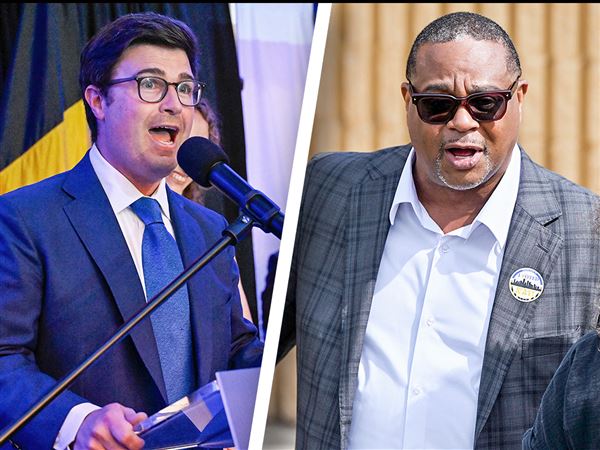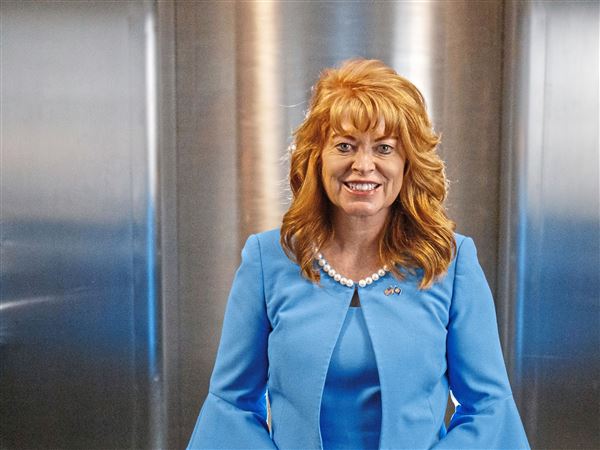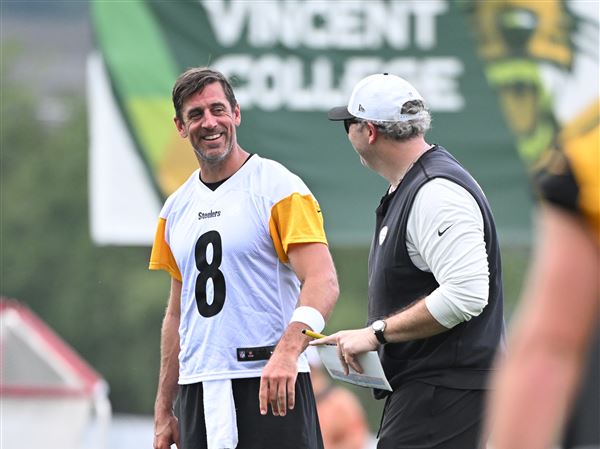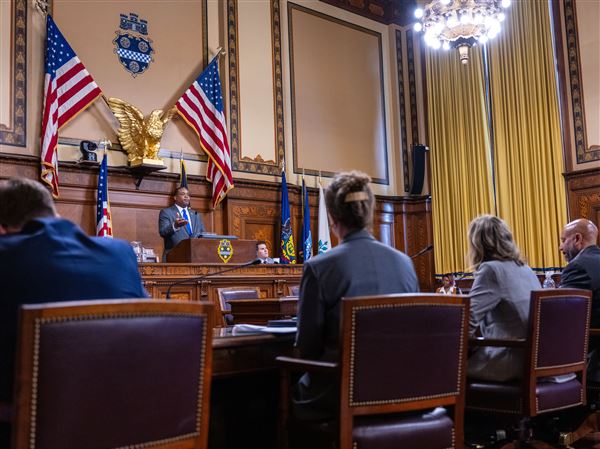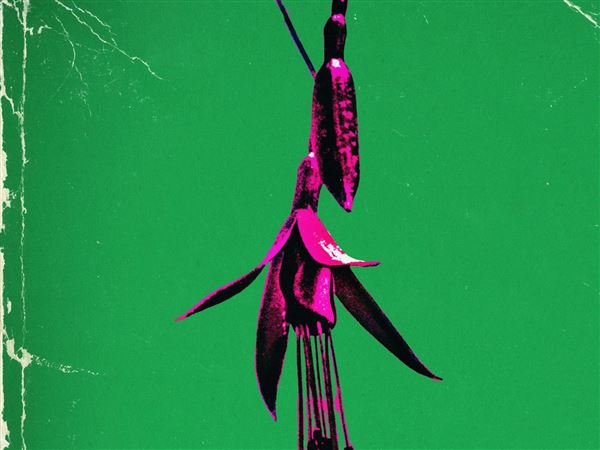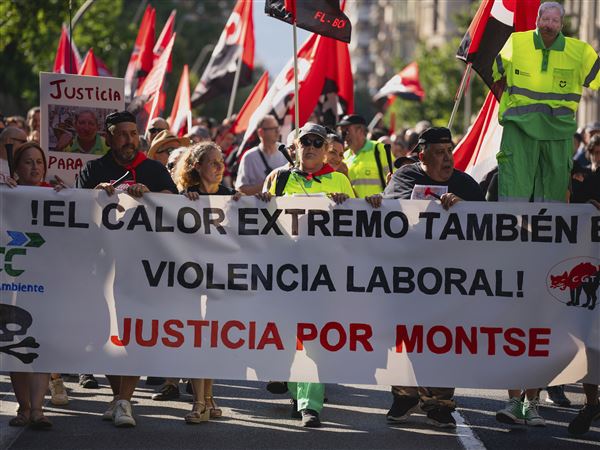KINSHASA, Democratic Republic of Congo -- Columns of black smoke from burning tires rose over parts of this capital on Friday as Joseph Kabila, the incumbent president, was declared the official winner of Congo's troubled election, defeating his nearest rival by more than 16 percentage points in an outcome that many here feared would stoke new spasms of political violence.
The vote was considered flawed, perhaps severely, by international observers, and Mr. Kabila is not popular in Kinshasa, a city of nearly 10 million where he lost the vote. All over the sprawling metropolis on Friday afternoon the streets were lined with glum and silent supporters of the man who finished second in the national count, the veteran opposition leader Étienne Tshisekedi.
In interviews, many said they felt that the vote had been stolen. The silence was punctuated by occasional gunshots as cruising police officers, guns pointing out from their patrol vehicles, fired in the air to disperse the crowds.
Mr. Tshisekedi has already rejected the preliminary results, saying the election was fraudulent, and on Friday afternoon a spokesman said that the opposition leader considered himself the rightful winner -- a hint of possible trouble to come. "He's said he considers himself the elected president of the Democratic Republic of Congo," said Albert Moleka, Mr. Tshisekedi's chief of staff.
Crowds, fleeing the roaming police, occasionally surged unexpectedly through the streets in the hazy late-afternoon light.
"You've seen the sadness?" said Jean-Paul Mbuyi, a businessman, pointing at a row of silent people across the muddy street in the Matonge neighborhood. "It's clear. He cheated. You see how quiet people are?"
Gunfire from the police sounded out. "Do they do that in your country?" Mr. Mbuyi asked. "Is that democracy?"
The announcement on Friday by Congo's electoral commission was not unexpected and was greeted by blaring car horns from supporters of Mr. Kabila in the heavily guarded downtown district. The commission credited Mr. Kabila with nearly 49 percent of the vote to Mr. Tshisekedi's 32 percent. Mr. Kabila has been in power since 2001, when he took over from his assassinated father, the rebel leader Laurent Kabila, and was first elected in 2006.
There has been "growing disaffection" with his rule, the International Crisis Group wrote last May, as Congo has remained stuck at the bottom of the United Nations Human Development Index, with half of its population of about 70 million considered undernourished in a country the size of Western Europe.
Long before the Nov. 28 vote, though, Mr. Kabila had taken steps that the crisis group and other observers suggested might lead to suspicion that he was easing his path to re-election: eliminating a second round of voting, in a change to the Constitution earlier this year, for instance, and appointing through his party a majority of those on the electoral commission, which is led by a close ally of the president.
After a vote described this week by the crisis group as "chaotic," "unruly" and "opaque," the stage appeared set for further disorder, particularly in Kinshasa, where Mr. Kabila was behind by 34 percentage points, even in the disputed electoral commission count.
Mr. Tshisekedi has delivered veiled warnings that he might call his followers -- he calls them his "fighters" -- out into the streets to contest the election, which was held more than a week ago. At least 18 people have been killed in violence associated with a calamitous vote seen by foreign observers as badly mismanaged by the electoral authorities in Congo, which administered 63,000 polling stations in the sprawling country.
The observers have said there were serious procedural difficulties, including missing ballots; sacks of ballots that arrived late, were left in the mud and may or may not have been counted; and polling places that did not open. Most observers have stopped short of calling the vote fraudulent, though some say the flaws in the whole electoral process were so manifest the vote for Mr. Kabila was discredited anyway.
"He may have won from a legal standpoint, but he certainly did not win it legitimately," said Théodore Trefon, a Congo expert at the Royal Museum for Central Africa, in Belgium, the former colonial power.
"The election is not credible," said Mr. Trefon, the author of the recently published book "Congo Masquerade." "There is sufficient evidence from international observers. We know Kabila cheated. It's not a question of percentages."
Near Mr. Tshisekedi's residence, a band of Kabila supporters charged up the highway on Friday afternoon, chanting slogans and holding up the re-elected president's portrait. Elsewhere in the city the mood seemed somber.
"The town is inert," said Dodi Miutshita, 27, a student. "It's like there's a national mourning. People are not happy."
Another man, Simon Mbaya, pointed down a long barren highway lined by grim-faced citizens. "You can see for yourself how people are in this neighborhood," Mr. Mbaya said. Echoing a comment complaint -- that Mr. Kabila had been imposed by Western governments and was not supported by the Congolese -- Mr. Mbaya added, "This trickery and cheating, that comes from you, the whites."
First Published: December 10, 2011, 5:00 a.m.
